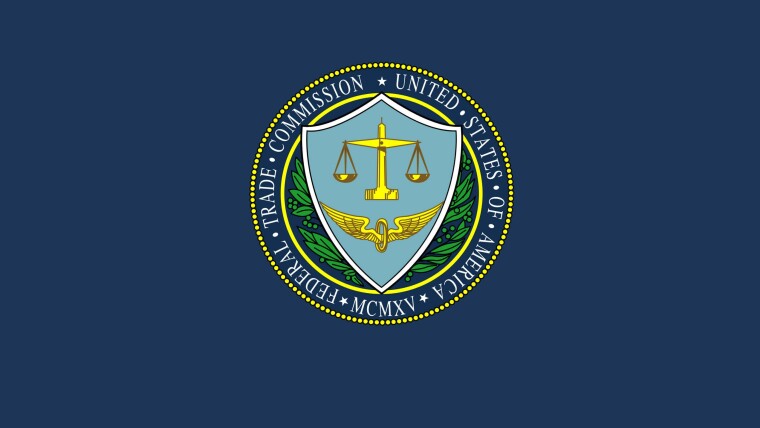
URGENT UPDATE: Federal Trade Commission (FTC) Chairman Andrew N. Ferguson has issued a stark warning to major U.S. tech companies, emphasizing their obligation to prioritize the data security of American users amid increasing pressures from European and UK regulators. This announcement comes as the FTC reaches out to over a dozen leading firms, including Akamai, Alphabet, Amazon, and Apple, demanding adherence to U.S. laws and protection against foreign encroachments on data privacy.
In a letter sent earlier today, Ferguson pointed out the dangers posed by compliance with the EU’s Digital Services Act and the UK’s Investigatory Powers Act, which could risk undermining the integrity of data security measures in the United States. He warned that these regulations might lead companies to adopt uniform policies that could censor American speech and weaken vital encryption protocols.
“Foreign governments seeking to limit free expression or weaken data security in the United States might count on the fact that companies have an incentive to simplify their operations,” Ferguson stated. His remarks highlight the growing tension between U.S. tech giants and foreign regulatory demands, which could have significant implications for user privacy.
The FTC’s ultimatum underscores a critical moment for the tech industry, as the chairman calls for companies to resist pressures to weaken their encryption practices. Notably, a recent request from the UK government, which could have allowed access to encrypted data from Apple users globally, was ultimately withdrawn after intense negotiations with U.S. officials.
This urgent warning reflects a broader trend where foreign regulations are increasingly impacting American businesses. The U.S. Director of National Intelligence, Tulsi Gabbard, also echoed these concerns, reinforcing the need for U.S. companies to safeguard their operations against external pressures.
As the situation evolves, tech companies must navigate these complex regulatory landscapes while maintaining their commitment to user security. This development is pivotal, not just for the tech sector, but for millions of American consumers who rely on these companies to protect their data.
Looking ahead, industry observers will be watching closely to see how these tech giants respond to Ferguson’s call to action. Will they prioritize U.S. data security over compliance with international regulations? The answer could shape the future of data privacy practices globally.
Stay tuned for more updates as this story develops.







